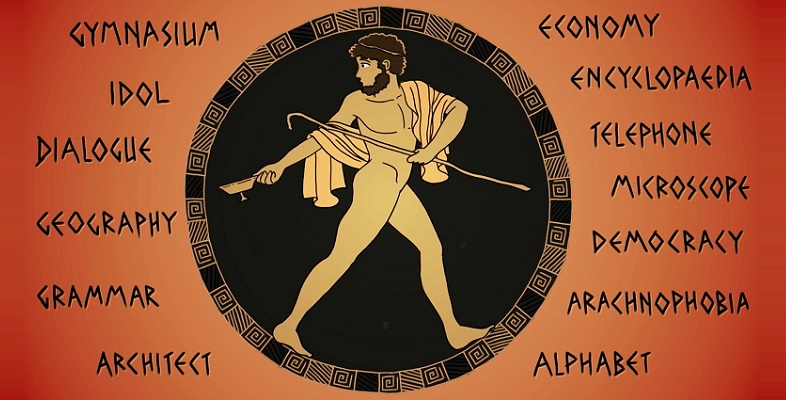6 Using case endings
The ending of a word is like a sign displaying information about the word’s role in a sentence and how it relates to the words around it. Noticing and responding to these signs is central to reading Greek.
How, then, can the endings be used? If you encounter a sentence beginning with a noun-article pair in the nominative case:
ὁ ἵππος …
Then you might be tempted to say:
‘The horse’
That would be an excellent start. But you can go further, using knowledge of word endings and the basic elements of a sentence. As the noun is in the nominative case, you could think of the word and its ending as raising the following expectations:
The horse verbs [object]
This can be expressed as ‘the horse somethings [something]’. The object is in square brackets because the sentence may or may not contain an object. That depends on the nature of the verb. But you can certainly expect a verb.
Alternatively, perhaps the sentence starts:
τὸν ἵππον
Now the sentence begins with a noun in the accusative case, i.e. a noun that appears to be an object. Instead of simply saying ‘the horse’, you could represent the information in the ending like this:
subject verbs the horse, or, something somethings the horse
You must read on to discover the subject and the verb, i.e. who is doing what to the horse.
Activity 9 Subject or object?
What role would you expect the following words to play in these sentence fragments? (You can find a vocabulary list underneath.)
a.
subject
b.
object
The correct answer is b.
a.
subject
b.
object
The correct answer is a.
a.
subject
b.
object
The correct answer is a.
a.
subject
b.
object
The correct answer is b.
- Vocabulary
- ἐπιστολή, -ῆς, ἡ letter
- ξένος, -ου, ὁ stranger, foreigner
- γῆ, -ῆς, ἡ land
- θεός, οῦ, ὁ god
Discussion
Nouns in the nominative case will be subjects. Nouns in the accusative case are likely to be objects. You could express the information embodied in the word endings as follows:
- a subject verbs the letter
- the guest verbs [an object]
- the land verbs [an object]
- a subject verbs the god
Activity 10 Complete the sentence
a.
τὸν στρατὸν ἄγει
b.
ἄγει τὸν στρατὸν
c.
[an object and a verb]
d.
[a subject and a verb]
The correct answers are a, b and c.
- Vocabulary
- ἄγει leads (from ἄγω, I lead)
- στρατηγός, -οῦ, ὁ general
- στρατός, -οῦ, ὁ army
Discussion
ὁ στρατηγός is in the nominative case, i.e. it is the subject. As a subject it raises the expectations of a verb and, potentially, an object. All continuations are possible except the last. The first two continuations would yield the same meaning:
- ὁ στρατηγὸς τὸν στρατὸν ἄγει
- ὁ στρατηγὸς ἄγει τὸν στρατὸν
- The general leads the army.
